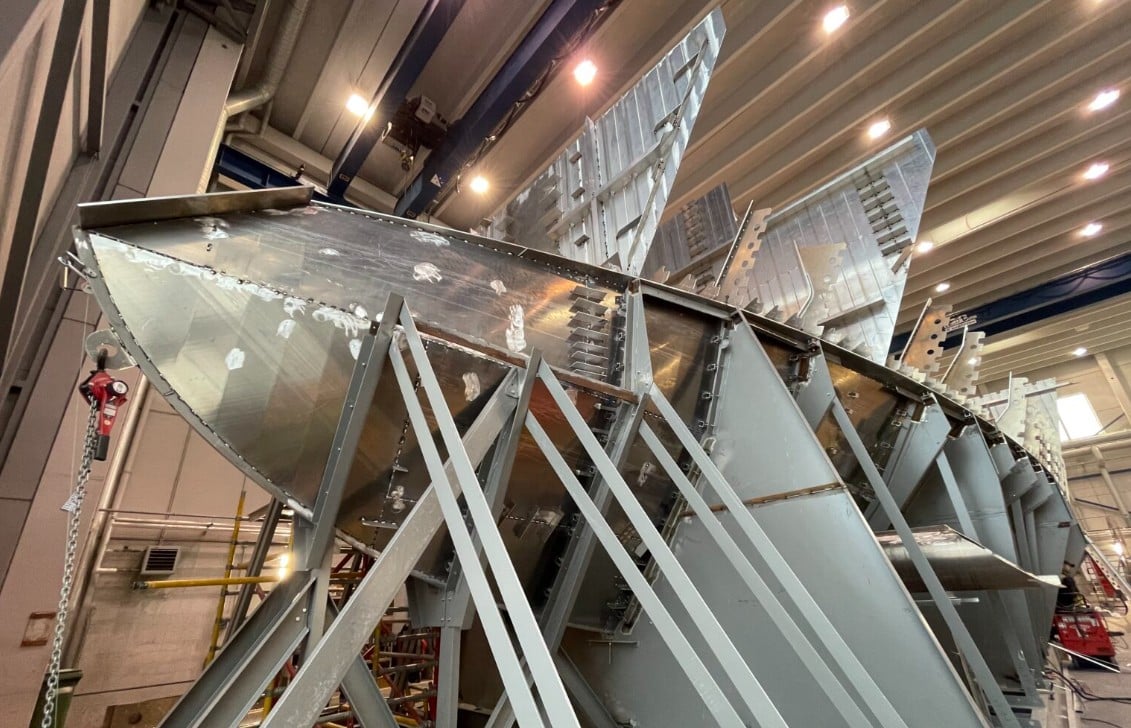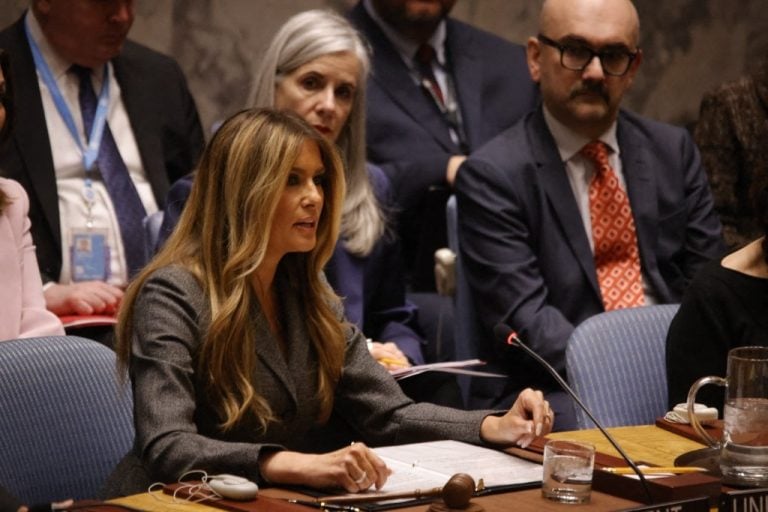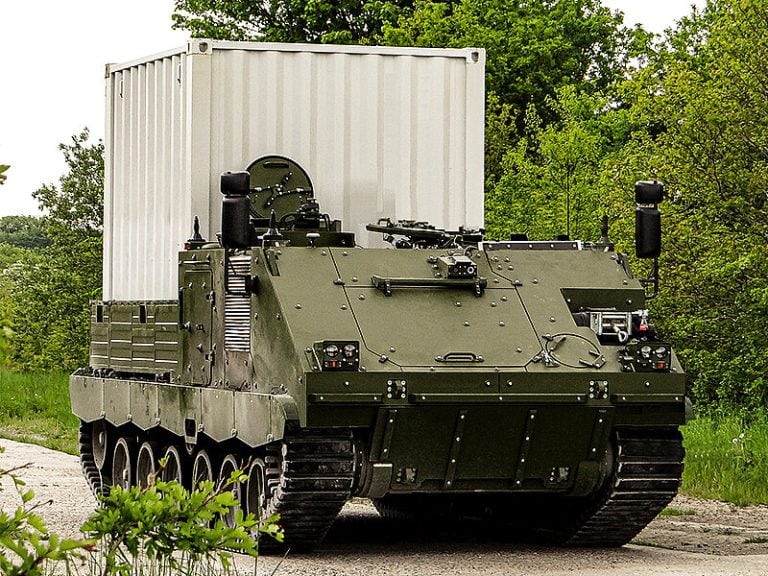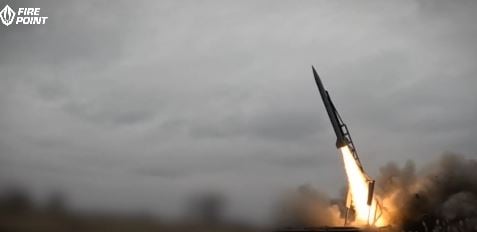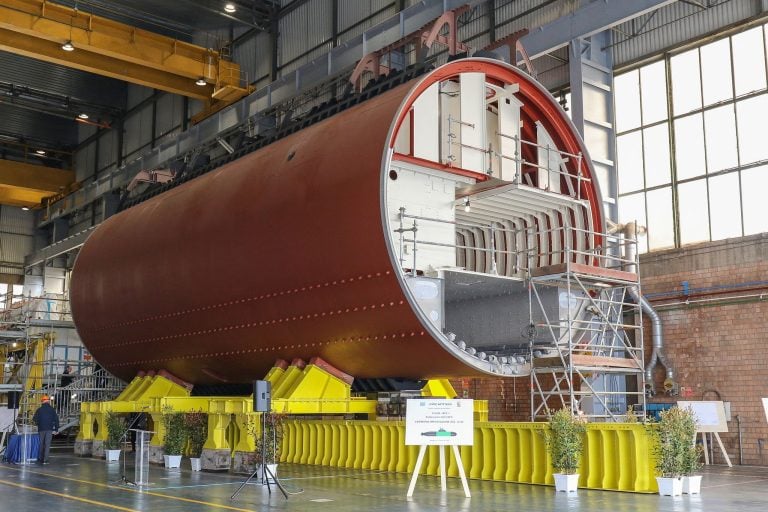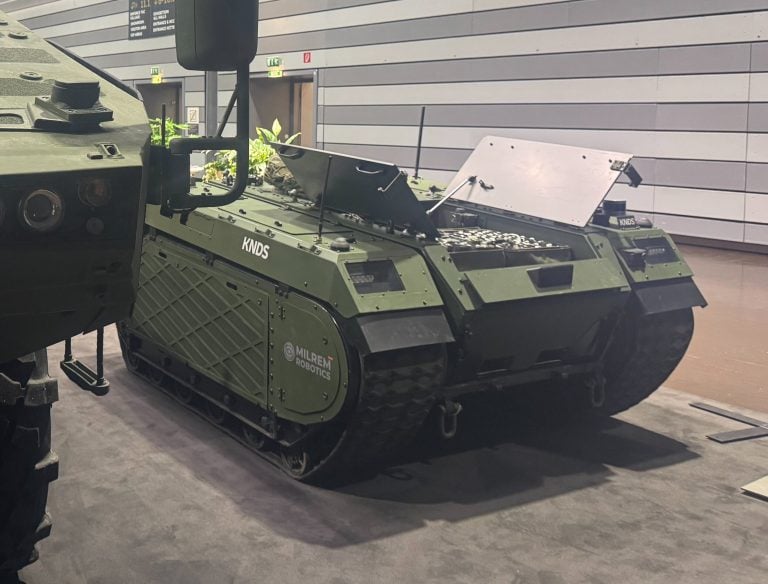A consortium of European firms spearheaded by Estonia is making significant progress on the EUROGUARD project, aimed at developing a semi-autonomous naval system. Key milestones for this initiative are set for completion in 2026, with the vessel expected to be finished by the second quarter, followed by sea trials in the fourth quarter of that year.
The hull of the vessel will be constructed at the Baltic Workboats shipyard located on Saaremaa Island in Estonia. Recent meetings in Rome have brought together project partners, including representatives from Estonia’s Baltic Workboats, the Estonian Centre for Defence Investment, and the Estonian Navy. The focus of these discussions was to outline the upcoming stages of the project’s development.
The EUROGUARD program intends to bolster the European Union’s naval response capabilities by enhancing fleet coordination and integrating advanced maritime and weapons technologies. Project Manager Ats Janno emphasized the importance of the knowledge and experience gained throughout the project, stating these would serve as a solid foundation for evaluating new technologies and advancing naval capabilities. Janno highlighted a crucial distinction, noting that while land and air defense technologies have been progressing rapidly, maritime defense solutions have largely remained in the theoretical sphere, a gap that EUROGUARD aims to address.
The initiative encompasses the construction of a 45-meter (148-foot) demonstrator vessel that will incorporate various modular mission systems. This design will enable real-world testing of autonomous functionalities in coastal environments. The vessel will further facilitate evaluations of how medium-sized semi-autonomous vessels can be effectively utilized, whether operated independently or as part of larger naval formations.
Launched last year, the EUROGUARD project boasts a total budget of 95 million euros ($109 million), with about 65 million euros ($75 million) secured from the European Defence Fund. This funding was allocated following the initiative’s selection in 2022. The consortium comprises 23 companies from 10 European nations, including Belgium, Denmark, Estonia, France, and Italy, as well as Poland, the Netherlands, Norway, Spain, and Sweden.
